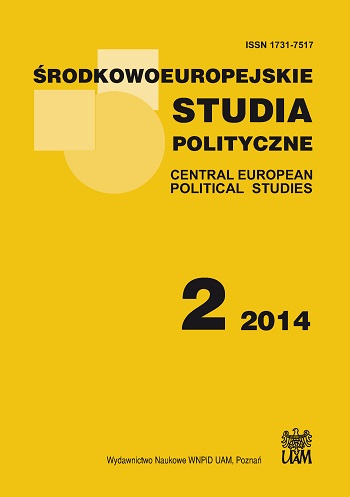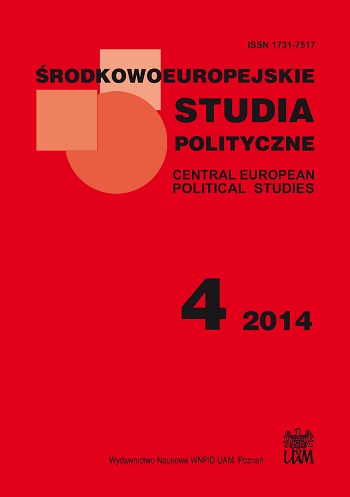
Digitalisation of Polish TV – an opportunity for development or lost chances
Głównym tematem artykułu jest cyfryzacja i jej wpływ na telewizję w Polsce. Autor szeroko opisuje podstawy tego procesu, próbując dokonać porównania między drogą rozwoju mediów drukowanych i elektronicznych. Sięgając do przełomowego okresu, analizuje kluczowe wydarzenia i to, jakie piętno odcisnęły na elektronicznym segmencie systemu medialnego w Polsce. Najsilniejszy akcent w artykule jest położony na wyłączeniu analogowego sygnału nadawania telewizji naziemnej: jak do tego doszło i jakie były/są konsekwencje tego fenomenu. Autor wspiera omawiane zjawiska najważniejszymi danymi i niezbędnymi objaśnieniami tego, co wydarzyło się na rynku audiowizualnym.
More...
